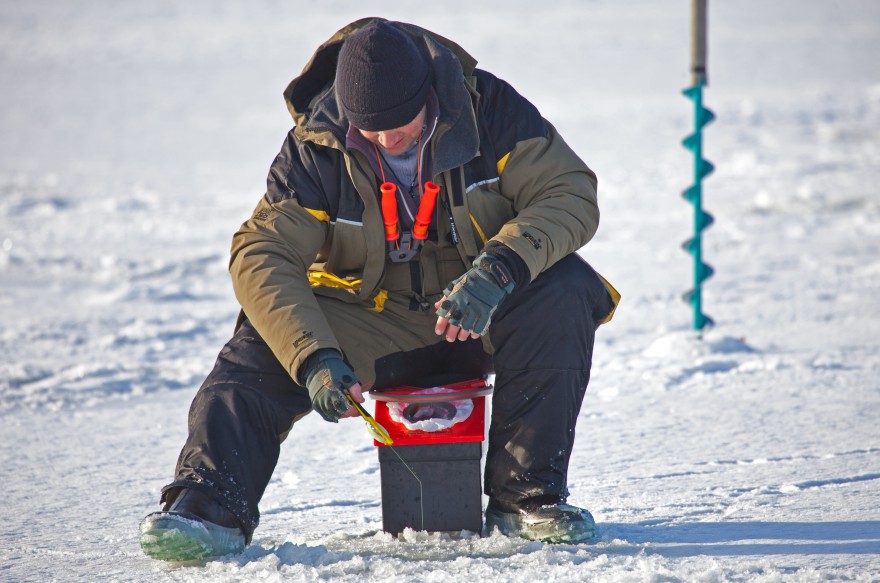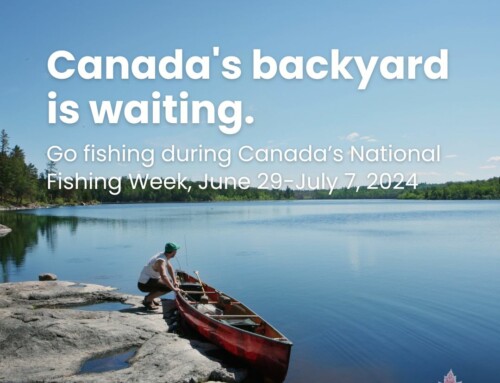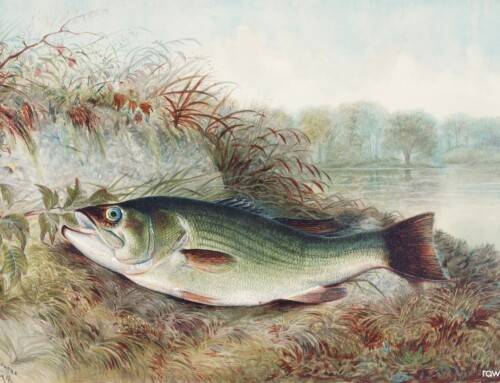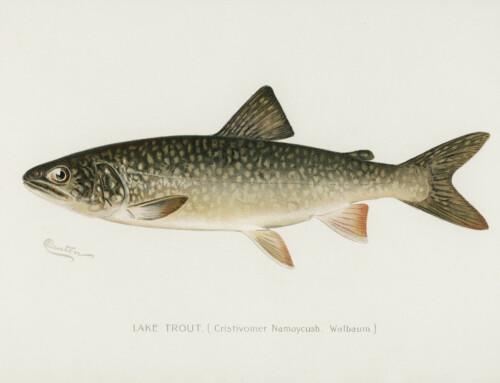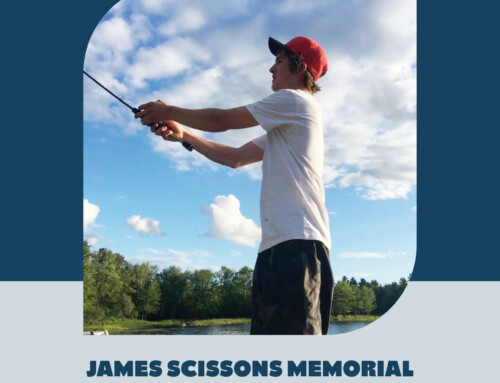Originally Published by Outdoor Hub, January 13, 2016
By Daniel Xu
Did you know that under Canada’s Criminal Code, ice fishermen are obliged to guard their fishing holes and that if anyone accidentally falls in, the angler who drilled the hole could face manslaughter charges? The Alberta Conservation Association (ACA) is now warning anglers about the law and its ramifications after being informed by lawyers that the organization could face the same legal challenges for operating surface aerators.
ACA operates aerators in 16 lakes across Alberta in an effort reduce winterkill in fish, but discovered in July that it might be liable if anybody fell in. Surface aerators work by pulling water from the surface of the water and shooting it into the air, like a fountain. This creates an air bubble underneath the aerator and helps to achieve more water circulation. The organization has done this for years with warning signs posted near the aerators warning visitors of the open ice, but have recently been told that the signs were not enough. The organization and its members could be charged with a criminal offense if someone fell through the lake. The same liability also exists for ice fishermen drilling their fishing holes.
“The likelihood of being charged is very low, but the severity of being charged is very high. If you do get charged, then manslaughter is the likely result,” ACA President Todd Zimmerling told the CBC.
Section 263 of the Criminal Code , which regards the duty to safeguard openings in ice, reads:
Everyone who makes or causes to be made an opening in ice that is open to or frequented by the public is under legal duty to guard in a manner that is adequate to prevent persons from falling in by accident and is adequate to warn them that the opening exists.
Zimmerling said that the organization has temporarily scaled back its aerating efforts and will be working with lawmakers to change the law. To his knowledge, no one has ever been charged with relation to holes in ice, but the law as it stands could mean a risk for the organization—and recreational anglers. ACA submitted an eight-point plan to Alberta Environment and Parks, as well as the Fisheries Round Table for review. In it, ACA considers a proposal to draft an amendment to Section 263 that will allow a due diligence defense, such as having warning signs around the hole.
“We’ll approach the federal government and see whether or not they can make some changes to the wording,” said Zimmerling.
ACA says aerators are necessary to prevent winterkill from claiming too many fish. Heavy snowfall and an early freeze can result in dangerously low oxygen levels for fish. Aerators help alleviate the problem and keep lakes oxygenated.
Photo courtesy of Bengt Nyman


